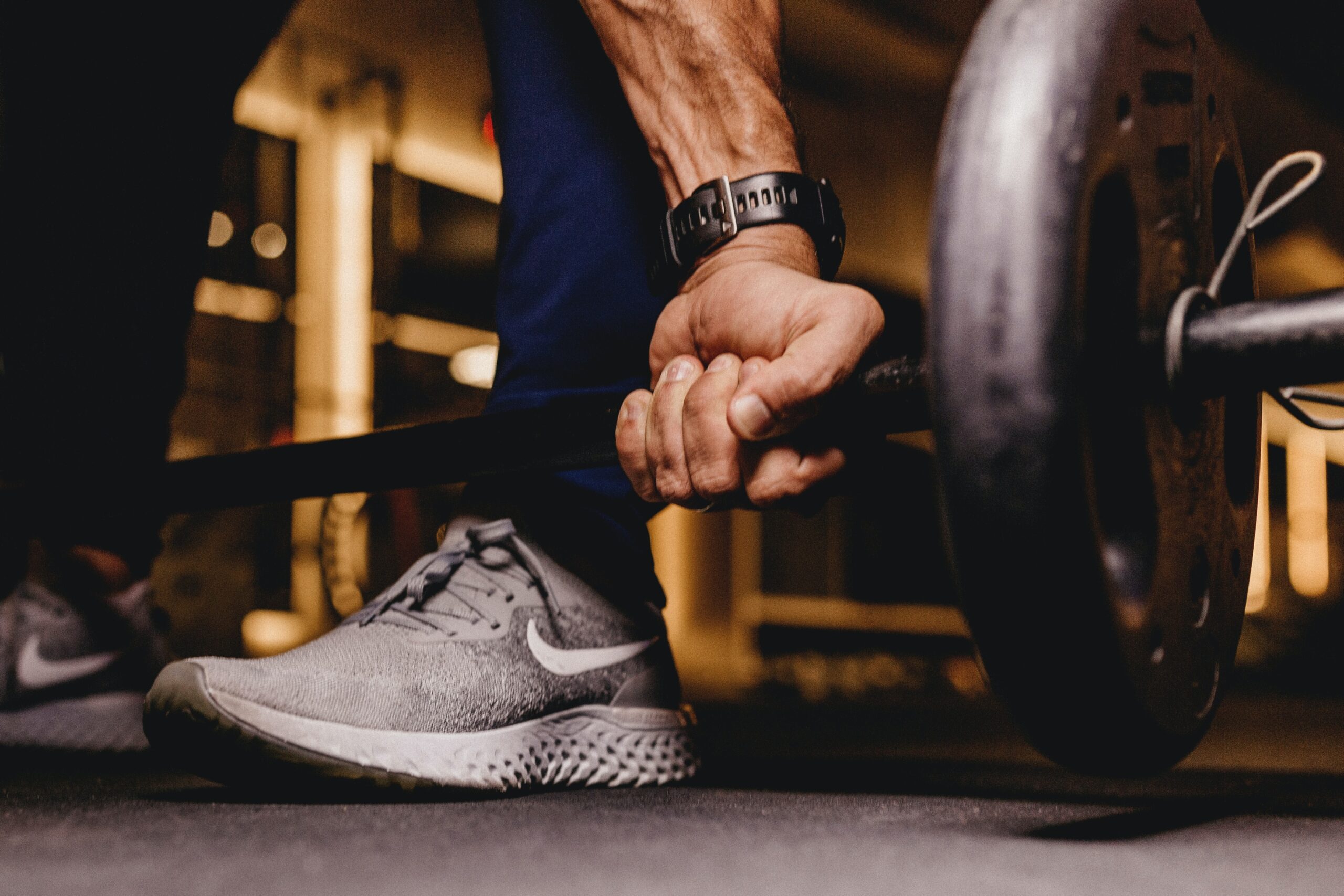
Teenage years are when the body and mind develop, transitioning into adulthood and you also become conscious about your physical appearance. Staying physically active ensures well-rounded growth as well as help maintain a good physique, while improving confidence and overall health.
“Physical exercises like cycling, swimming, yoga, dance and sports activity improve mental health, physical health, and overall wellness,” says Antika Prakash Rai, gymnastics coach and yoga expert at Genesis Global school Noida, India. She emphasises how exercising or playing a sport help teenagers deal with the various psychological stresses and strains that are a part of growing up. “Physical activities help create a positive mindset and also help anger management,” adds Rai.
READ MORE :
Sunrise, sunset or midnight — what’s the best time to exercise?
Hula la: Hooping into the flow of things
Ten ways how skating enhances mental and physical well-being
Tread lightly: dos and don’ts on a treadmill
Ultimate frisbee: An intro to free spirit
Ideal exercises for teenagers
For teenagers, exercising, sports or activities that facilitate muscle growth and encourage social interactions are important. Experts say, activities such as running, swimming, aerobics, karate, taekwondo, boxing, kickboxing, gymnastics, Zumba, hiking and team sports such as cricket, hockey or football are ideal.
“Plyometrics, jumping, push ups, lunges and moderate weightlifting under supervision can be a part of their workout plan,” says Salman Sheikh, master trainer and educating instructor at Shapes Active Lifestyle gym in Karachi, Pakistan.
Teenagers who want to hit the gym should not overdo lifting and stick to the right amount of load and resistance based on their body.
Teenagers often have a tendency to consume protein mixes and supplements. Experts emphasise on avoiding them and instead focus on a balanced diet (right amount of protein and carbohydrates). “Staying hydrated and proper rest is also important,” says Rai. “Intake of nutritious food is especially important while playing sports. Not eating properly and exercising too much is not ideal.”
Striking balance between studies and workouts
Sheikh says teenagers should plan their workout to ensure it does not affect their studies. The consensus among the experts is that teenagers should do at least 45-60 minutes of exercise every day while limiting their screen time and sedentary behaviours.
Exercises can be divided into cardio, strength training and sports based on their study schedule.
- Two days for exercises like lunges, squats and jumping ropes for eight to twelve repetitions and three sets each.
- For the next two days they can run, swim or walk
- For the rest of the days, they can indulge themselves in sports such as football, cricket or hockey.
Why do teens need strength training?
Busting the myth that lifting weights could hamper the growth of teenagers, experts say kids can start lifting weights moderately along with other physical activities from the ages of 14 or 15 with a structured program under supervision. Teens can sit and lift weights, especially while doing overhead lifting like the shoulder press. “Doing strength training helps improve the posture and bone density,” says Sheikh. Exercises like deadlift and bench press results in a good amount of fast-twitch muscle fibre (muscles built for short, powerful bursts of energy). Fast twitch muscle fibre helps in applying force for activities like cricket and boxing. “If you don’t have a fast twitch fibre the load or force comes on the bones and will make you vulnerable to fractures,” adds Sheikh.
Importance of playing a sport
“Playing sports helps improve flexibility, strength, and endurance. It is also good for muscular strengthening and body flexibility,” says Rai.
“It enhances your senses and reflexes. It helps in balancing hormone levels like serotonin, a mood stabiliser hormone,” adds Sheikh.
Good levels of serotonin help teenagers focus on their studies and other tasks. It will help them become sharp, clever, and smart. “It has also been observed that teenagers engaged in sport or physical activities do not get involved in substance abuse or use drugs, alcohol and tobacco products,” says Sheikh.
Experts say that schools should facilitate physical activities for teenagers by including them in the curriculum. They can also hire fitness experts to highlight the importance of being fit. Schools and colleges can also launch a subject on health and fitness.
Takeaways
- Physical activities such as playing sports, cardio, and lifting moderate weights helps in building flexibility, strength and endurance among teenagers.
- Physical activities help develop a positive mindset and aids in anger management among teens.
- Regular exercise also sharpens the mental attributes, and helps teens focus on academics better.
















